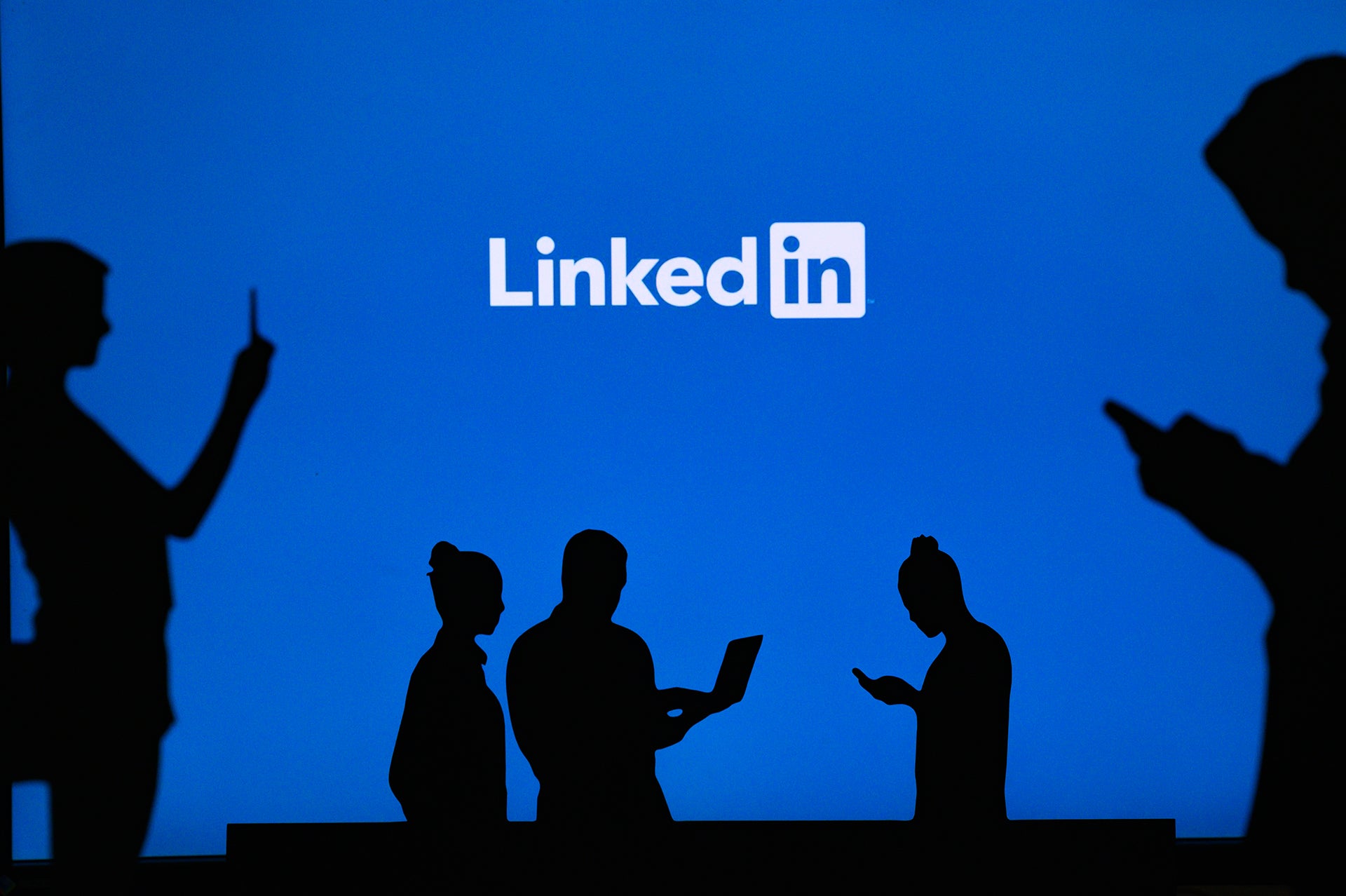
Microsoft is closing LinkedIn in China after facing accusations of submitting to Communist Party censorship by deleting the profiles of journalists critical of the regime.
The Redmond-headquartered company has increasingly found itself caught between Washington and Beijing, with ousted US President Donald Trump even going so far as to pressure Microsoft to acquire Chinese social media giant TikTok last year, a plan described by CEO Satya Nadella recently as “the strangest thing I’ve ever sort of worked on”.
LinkedIn came under fire earlier this month after seemingly deleting profiles of journalists critical of Beijing, which was viewed as Microsoft complying to political pressure from China.
“[I] am dismayed that an American tech company is caving to the demands of a foreign government intent on controlling access to information,” Greg Bruno, one of the reporters who had their profiles taken down, told Verdict at the time. Bruno has written a book documenting Beijing’s campaign against Tibetan refugees.
US Senator Rick Scott (Republican, Florida), in a letter to the CEOs of Microsoft and LinkedIn, called the move a “gross appeasement and an act of submission to Communist China”.
Following the backlash, Microsoft has now publicly announced that it’s pulling the plug on LinkedIn in China. LinkedIn had launched a China version in 2014, two years before Microsoft acquired the social media platform for $26.2bn.
The localised version was required to perform an unenviable balancing act: complying with Chinese rules and demands whilst simultaneously championing freedom of expression elsewhere.
“We also established a clear set of guidelines to follow should we ever need to re-evaluate our localized version of LinkedIn in China,” Mohak Shroff, senior vice president of engineering at LinkedIn, said in a blog.
However, with China cracking down on tech companies, Microsoft has now decided to close down the localised version of the platform.
“While we’ve found success in helping Chinese members find jobs and economic opportunity, we have not found that same level of success in the more social aspects of sharing and staying informed,” said Shroff.
“We’re also facing a significantly more challenging operating environment and greater compliance requirements in China. Given this, we’ve made the decision to sunset the current localized version of LinkedIn, which is how people in China access LinkedIn’s global social media platform, later this year.”
LinkedIn last to leave China
LinkedIn is not the only Western social media company to have pulled out of China, if they were even allowed to be there in the first place. Google and its associated social media platform YouTube is banned in China, as is Facebook and its subsidiaries as well as Reddit, Wikipedia and Zoom.
Maybe that’s why investors have seemingly taking the decision in their stride. Microsoft’s shares actually jumped by over 3% on Thursday following the news, ending the day on a $302.75 high.
While it is uncertain what this will mean for Microsoft’s further interests in China such as its plans to build four new data centres in the nation by 2022, pulling out the localised LinkedIn version will surely ease some of the pressure from D.C.
Microsoft had, prior to disappearing the reporters two weeks ago, also submitted to pressure from Beijing and taken down a number of accounts, including one US congressional staff member earlier this year.
The move prompted an inquiry by US Representative Jim Banks, a Republican from Indiana, who wrote to LinkedIn asking for details about which of Beijing’s “speech regulations” the platform enforces.
The regulatory pressures on social media companies have only grown in China over the years. In September, for instance, the Cyberspace Administration of China published new guidelines to further regulate “unhealthy” online content in its latest crackdown on the tech industry.
Following the news, popular platforms like WeChat and Weibo deleted thousands of independent financial news accounts.







